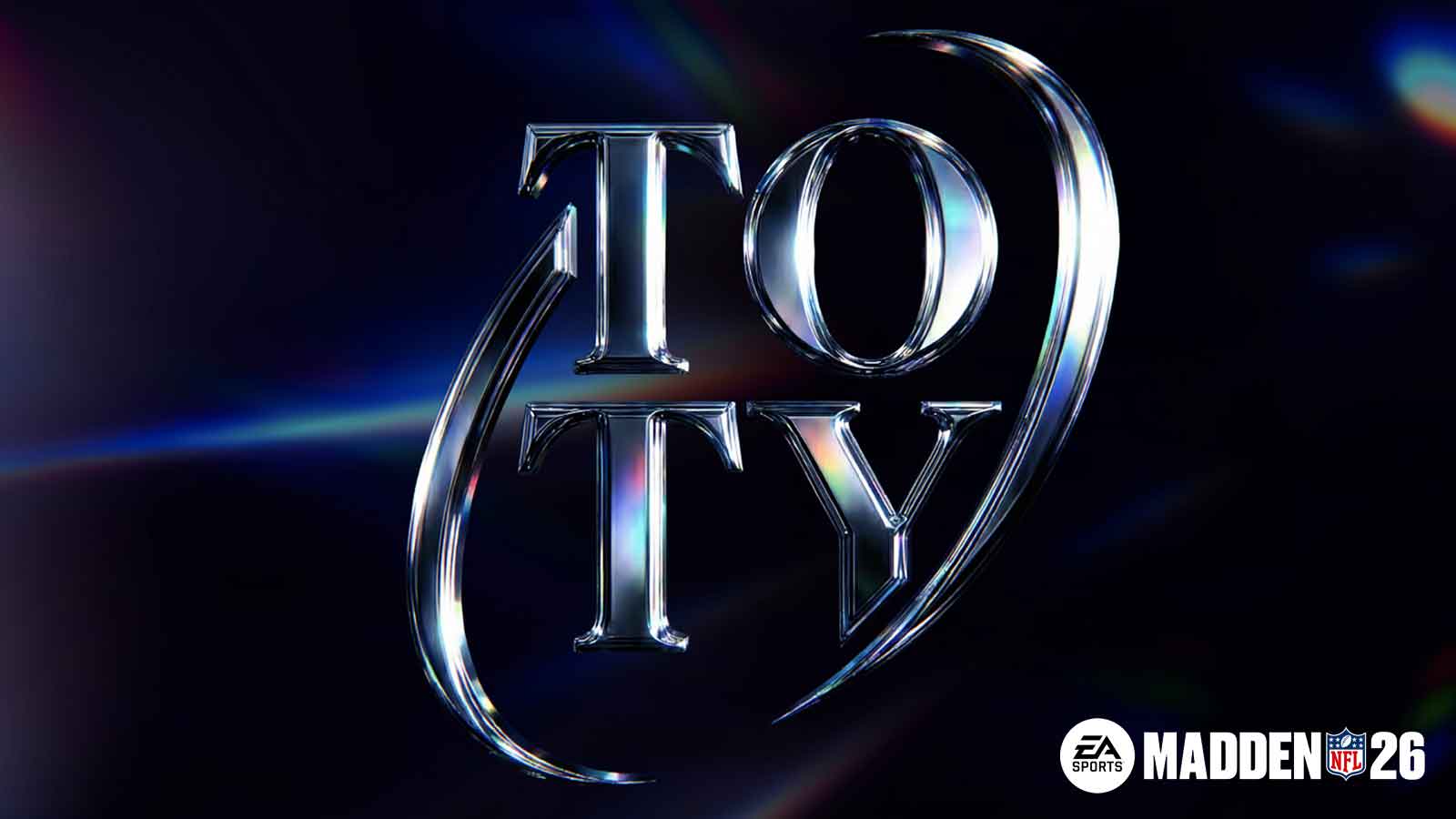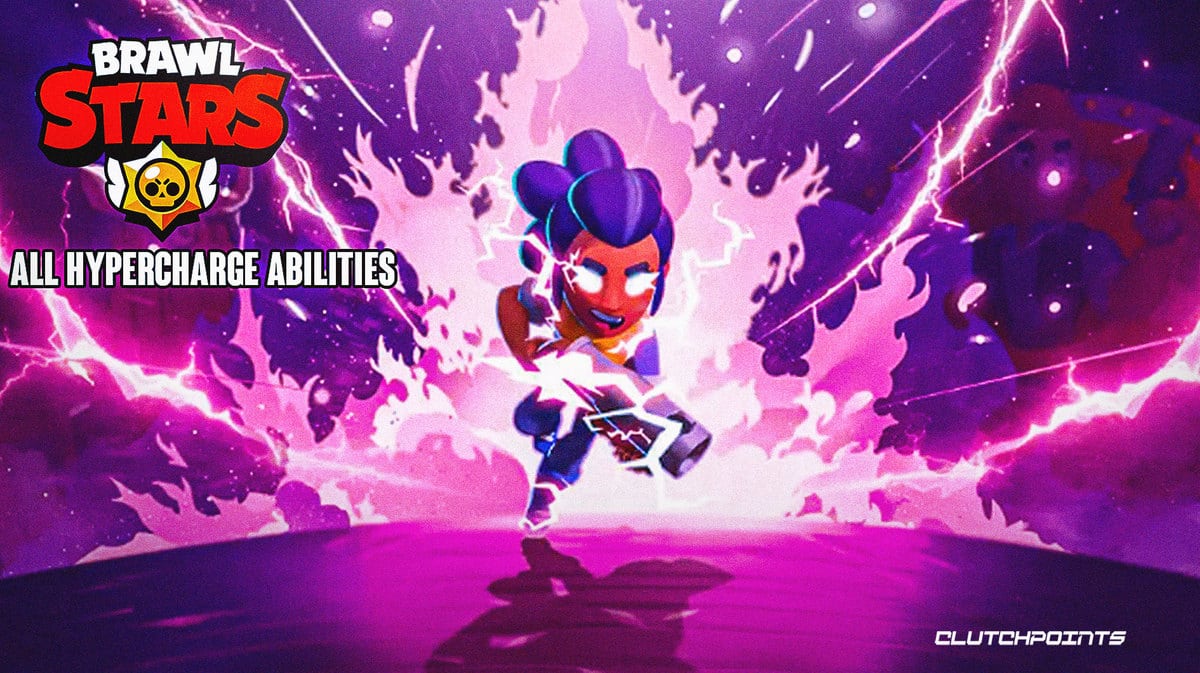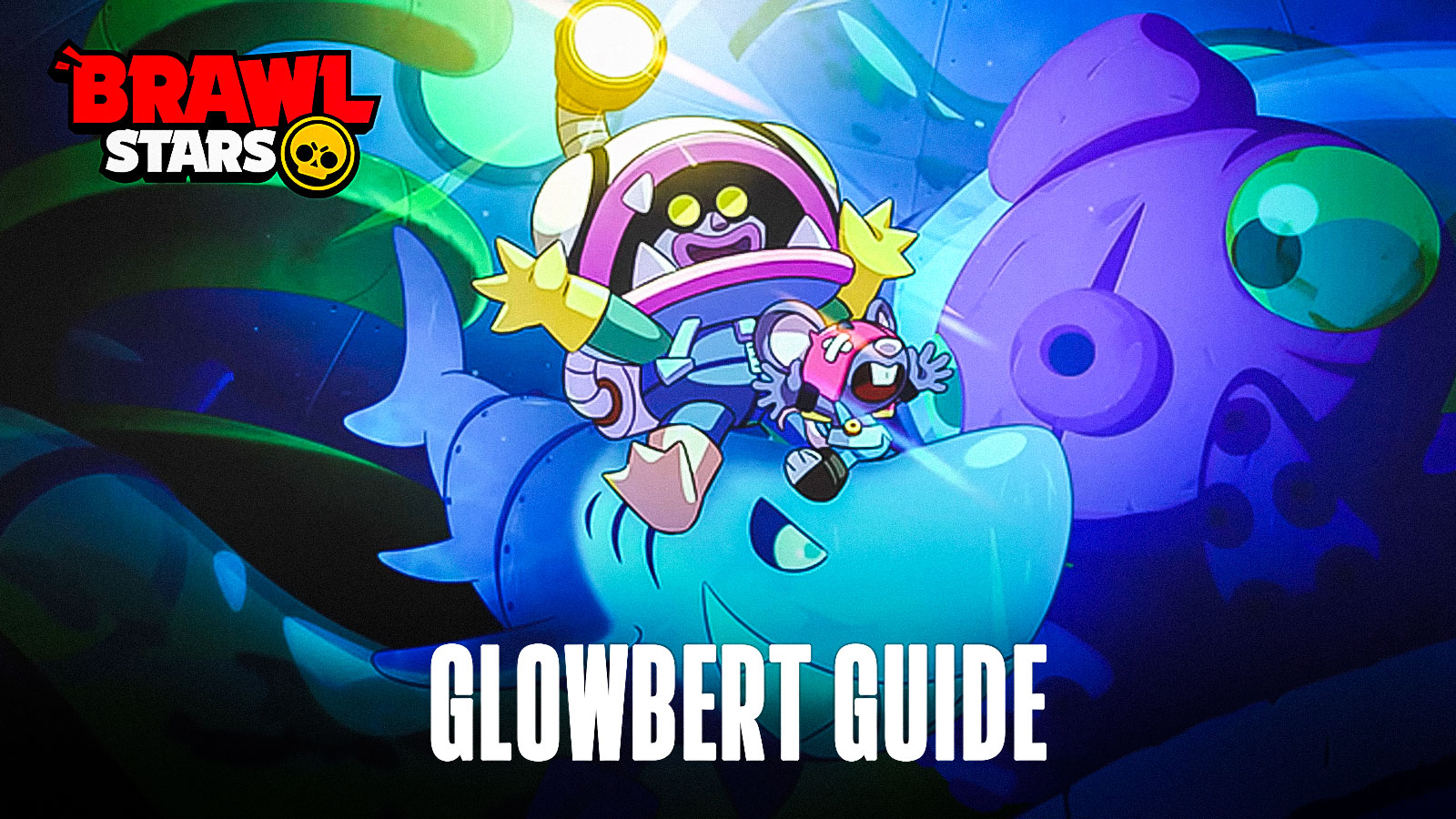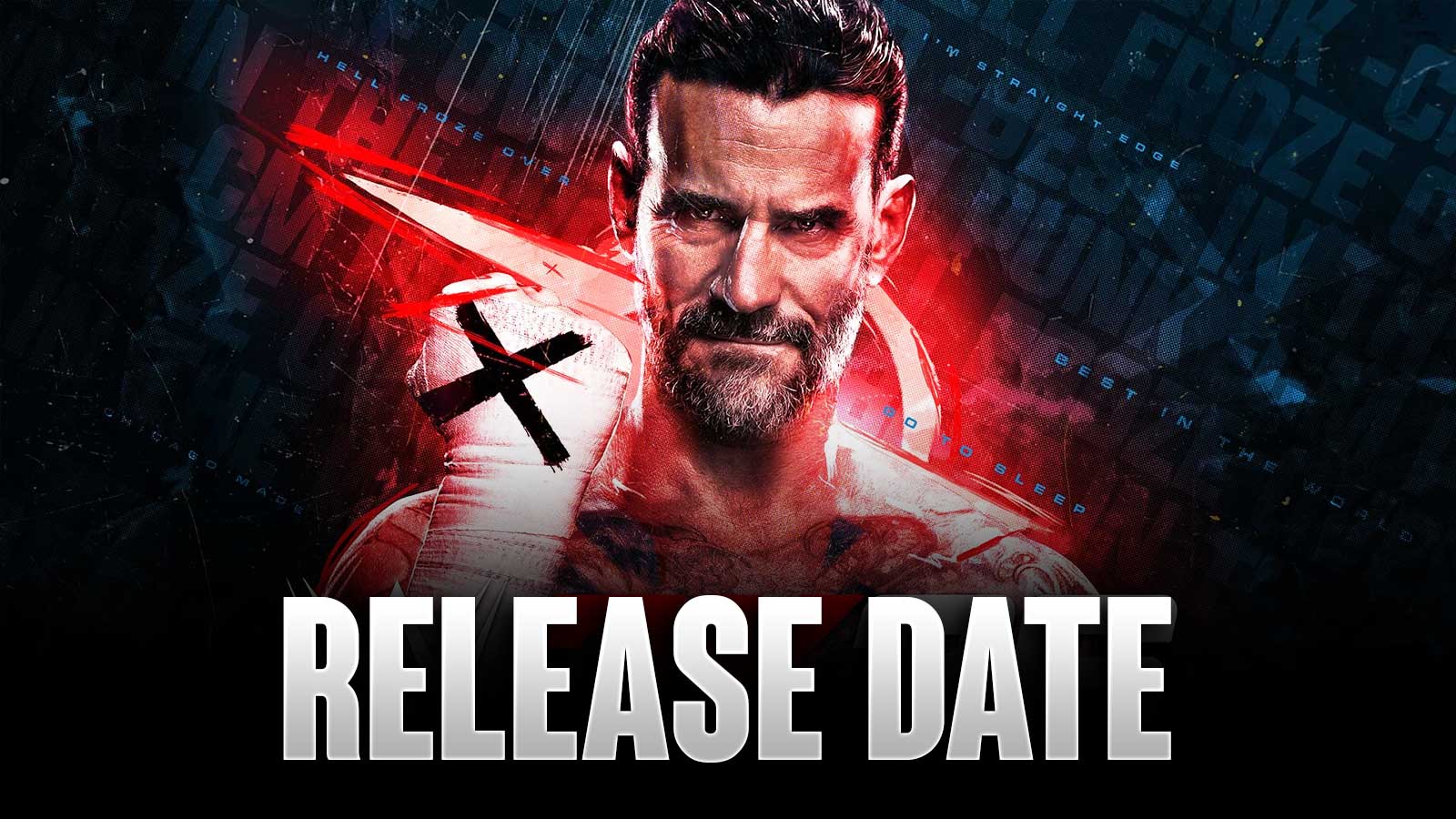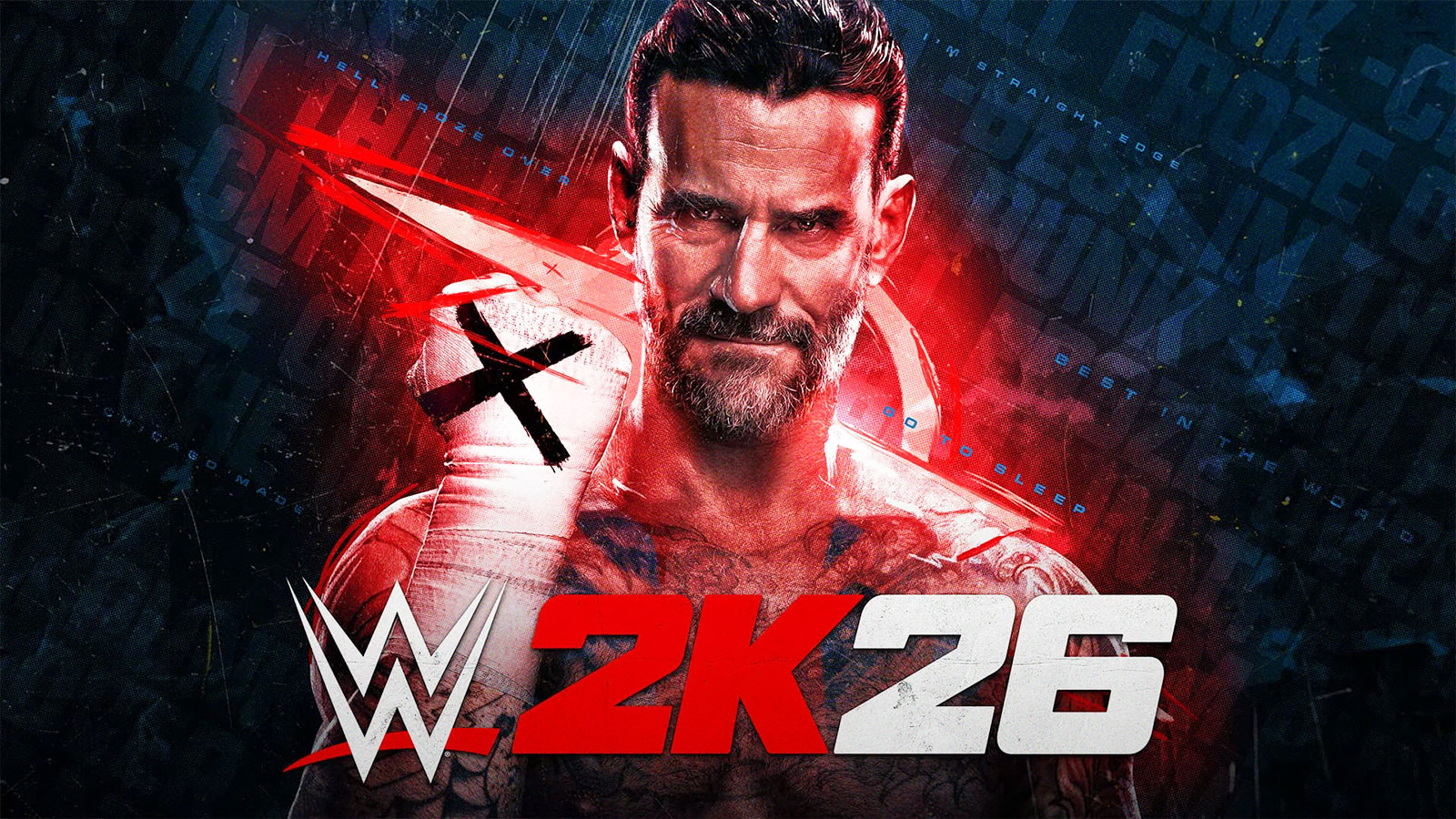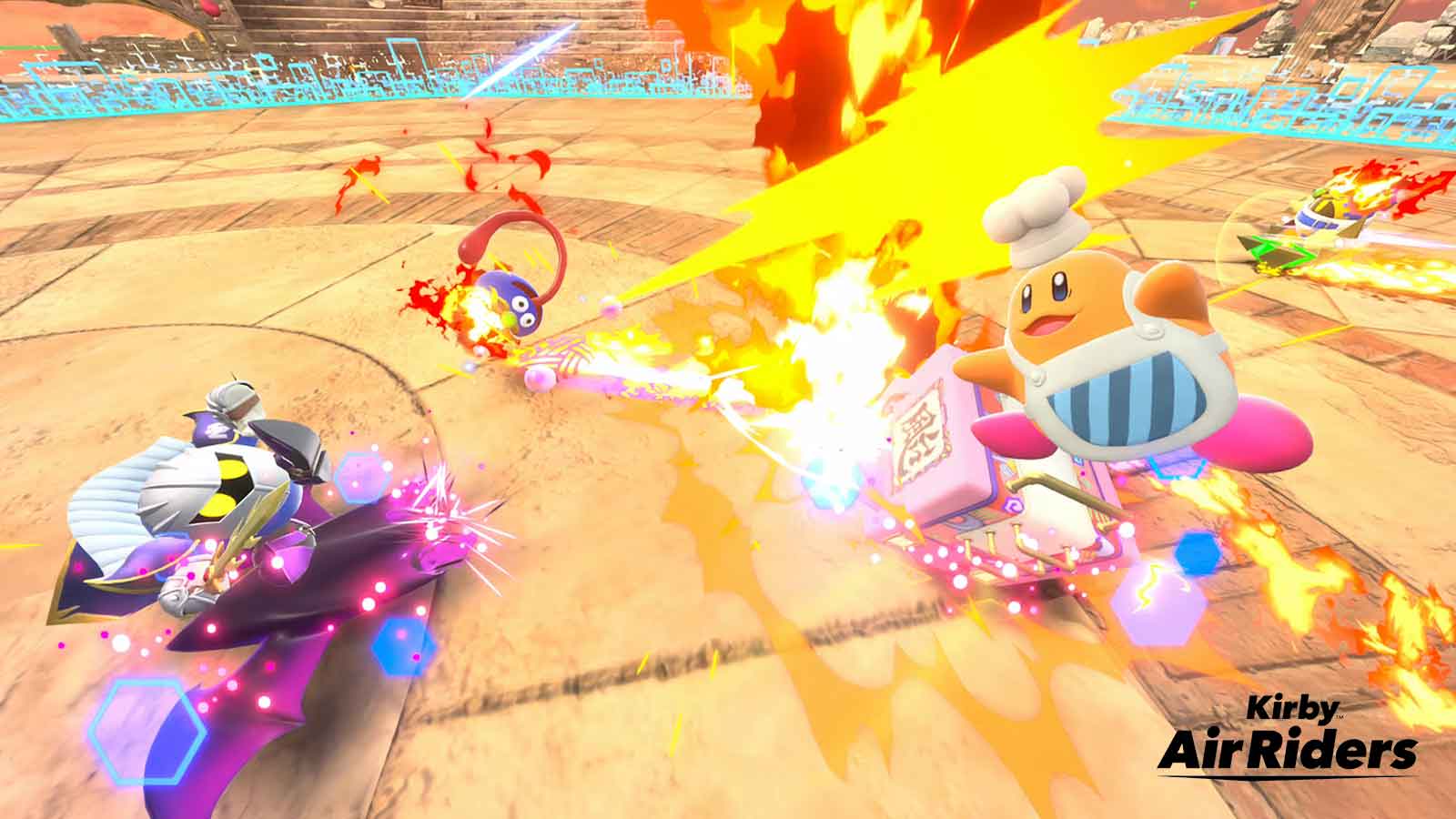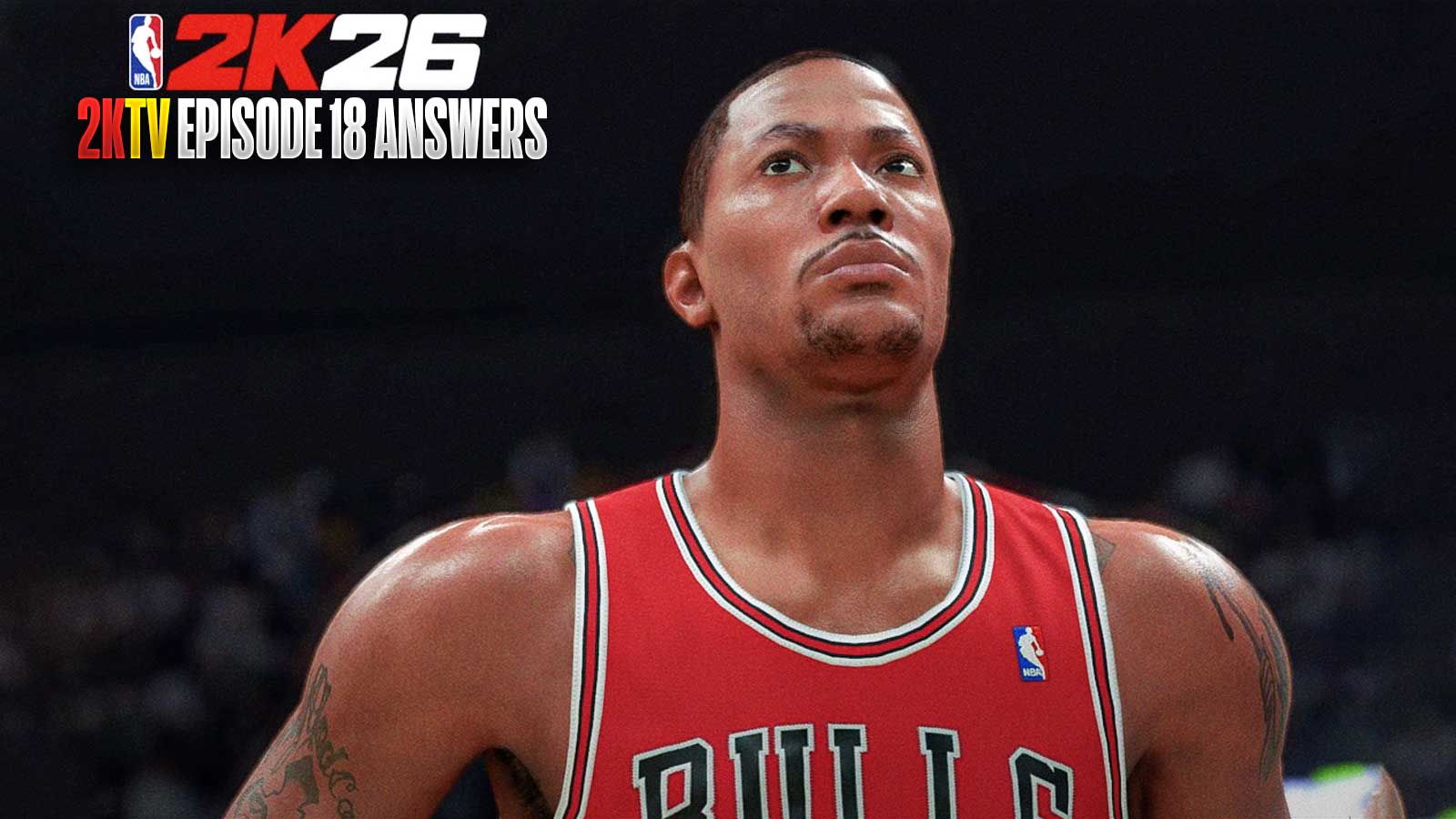The Olympic Esports Week kicks off today, marking the first time in history that esports gets represented in an International Olympic Committee-sanctioned event. Taking place in Singapore at the Suntec Convention Center from June 22-25, the Olympic Esports Series is historic just as it is controversial. In this article, we explore why.
What is the Olympic Esports Series?
The Olympic Esports Series was conceptualized by the International Olympic Committee as a way to appeal to and stay relevant to the increasingly digital youth sectors around the world. The Olympic Esports Week, which happens this week, is the Series' first on-site event that culminates from a series of qualifiers, bringing together digital competitors in one place in Singapore to have them compete across three days on a variety of digital games on three large screens inside the convention center.
Next to the Asian Games, which will happen later this year in September, the Olympic Esports Week is the next biggest Olympic-sanctioned event that features esports.
However, unlike the Asian Games (which is recognized by the International Olympic Committee), the IOC doesn't necessarily see the Olympic Esports Series as a step towards integrating esports into the Olympics in the future. This is embodied by the decision to award the winners of this week's competition trophies instead of the traditional medals. “They're two different worlds. They have their own codes,” says IOC Head of Virtual Sport Vincent Pereira to Reuters.
While there are similarities between traditional sports and esports, Pereira, and by extension, the IOC, doesn't feel that esports stand toe-to-toe with traditional sports on the Olympic stage.
What are the games played in the Olympic Esports Week?
The Olympic Esports Week has a strange lineup of games that many people who have been involved in the esports industry would openly question. Without saying more, take a look at the titles chosen for this historic event:
- Tic Tac Bow – Archery: Organized by the World Archery Federation
- WBSC eBASEBALL: Power Pros – Baseball: Organized by the World Baseball Softball Confederation
- Chess.com – Chess: Organized by the International Chess Federation
- Zwift – Cycling: Organized by Union Cycliste Internationale
- Fortnite (Creative) – Shooting: Organized by the International Shooting Sport Federation
- Just Dance 2023 – Dance: Organized by the World DanceSport Federation
- Gran Turismo 7 – Motorsport: Organized by the Fédération Internationale de l’Automobile
- Virtual Regatta – Sailing: Organized by World Sailing
- Virtual Taekwondo – Taekwondo: Organized by World Taekwondo
- Tennis Clash – Tennis: Organized by International Tennis Federation
The Controversy Around “Esports” Olympics
Any esports practitioner or enthusiast would expect a completely different list of games to be featured in any kind of esports event, with games like Dota 2, League of Legends, Counter-Strike, and VALORANT coming into mind. Fortnite might be the closest title to an esports event in the lineup above, with its publisher Epic Games actually holding world championships for Fortnite. In fact, the competitors for the Fortnite event this coming weekend were the Fortnite Champions Series competitors.
Still, the rest of the titles being represented in the Olympics have nary seen any kind of competitive scene before. No one has ever heard about a Tic Tac Bow esports tournament or a Tennis Clash competition. Sure, we've seen players compete, to some level, in Gran Turismo and Just Dance, but not to the high levels of competition present in games like League of Legends and VALORANT.
Contrast this to the aforementioned Asian Games which will feature the usual esports titles like Dota 2, PUBG Mobile, Arena of Valor, Street Fighter V, League of Legends, FIFA, and Dream Three Kingdoms 2.
It's clear that the Olympics' priority here was to give traditional sports representation in the digital space instead of the other way around: giving esports games a place in the Olympics space. And esports enthusiasts see this clearly from the choice of games.
Esports and the Olympics
Whether or not this will persist in the Olympics scene, we don't know. But thankfully, in spite of what esports practitioners thought about a decade ago, esports doesn't really need the recognition of the IOC, nor does it need to be included in the Olympics at all. In a way, the IOC is correct in saying that traditional sports and esports, in spite of their similarities in competitive spirit, teamwork, and sportsmanship, have their own worlds.
Today, the Olympics remain to be one of the most prestigious competitions in the world, featuring some of the world's most athletic persons. Meanwhile, video game publishers and other Olympic-sized organizations are also forming their own esports leagues, completely independent from the IOC.
Traditional sports and esports could co-exist, and the Olympic Esports Series' existence does not change that.









